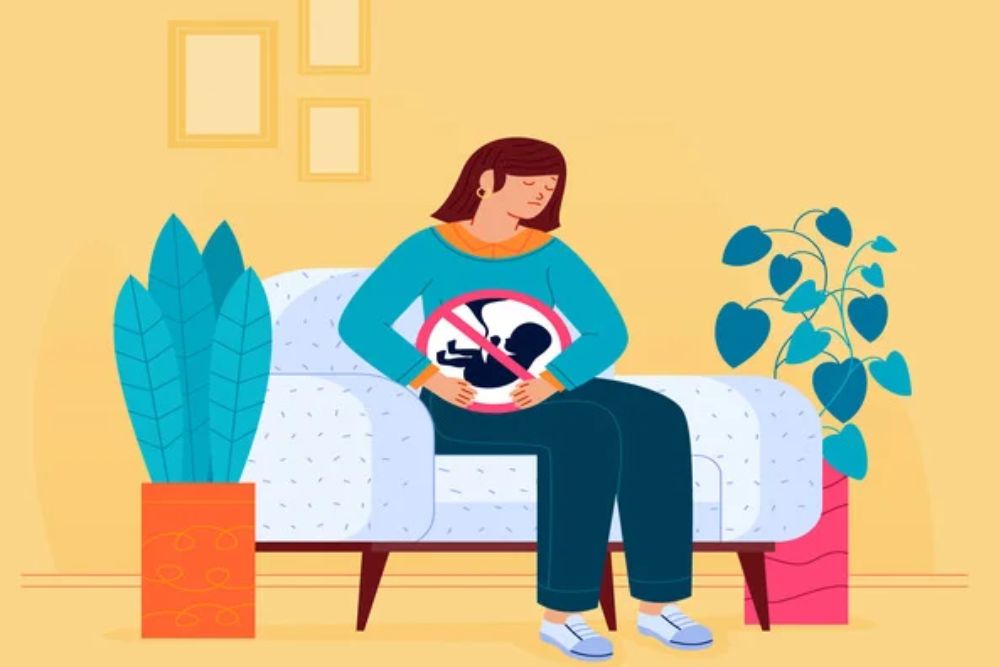
As a specialist in fertility, tackling recurrent implantation failure is among our most formidable challenges. In spite of the progress made in the past forty years that has greatly enhanced IVF protocols and lab methods—enabling high-quality embryos to attain a live birth rate of up to 70 percent—there are occasions when these embryos fail to implant. Investigating the causes of these failures necessitates a thorough examination of the uterine environment and other influencing factors.
Although an embryo is a vital aspect of fertility, successful implantation requires a receptive endometrial setting. Recent studies have increasingly concentrated on aspects such as chronic endometritis, which refers to inflammation of the endometrium, and its possible effects on the success of implantation. Antibiotic treatment has shown encouraging outcomes in increasing pregnancy and ongoing pregnancy rates, even though the data remains uncertain.
Endometrial receptivity, particularly the “window of implantation,” is another research focus but has yielded mixed results. Prior interest in analyzing endometrial receptivity has diminished due to recent revelations suggesting that such assessments do not necessarily enhance live birth rates. In fact, for some women, the outcomes post-testing were less favorable.
Endometriosis, an inflammatory disorder that can greatly influence implantation, is found in up to 40 percent of individuals facing infertility. Identifying and managing endometriosis through medical or surgical methods may result in better uterine conditions, potentially improving implantation outcomes. Likewise, adenomyosis, which often occurs alongside endometriosis, is also associated with poorer IVF results. Addressing adenomyosis before embryo transfer is another approach being investigated to boost success rates.
In 2023, the European Society of Human Reproduction and Embryology released updated guidelines regarding recurrent implantation failure. Suggested interventions involve re-evaluating lifestyle factors and measuring endometrial thickness, along with testing for antiphospholipid antibody syndrome. Additional investigative steps may comprise karyotyping for both partners, sophisticated imaging methods, evaluations of endometrial function and chronic endometritis, and thyroid function and progesterone level assessments. Importantly, testing for vitamin D, microbiome profiling, various immune cell evaluations, and genetic testing were not endorsed due to inadequate evidence of effectiveness.
Stress, a factor frequently neglected in conventional medical evaluations, significantly influences the fertility experience. Elevated stress levels are linked to reduced success in fertility treatments, supported by research correlating stress biomarkers with infertility. Mind-body interventions aimed at stress reduction have indicated potential in improving fertility outcomes by alleviating anxiety and depression.
Confronting recurrent implantation failure requires a thorough, multi-dimensional strategy. Adopting guidelines such as those from ESHRE and recognizing factors like stress as vital contributors can pave the way forward. By expanding the breadth of evaluation and support, we strive to offer improved outcomes for patients grappling with the challenging issue of recurrent implantation failure.